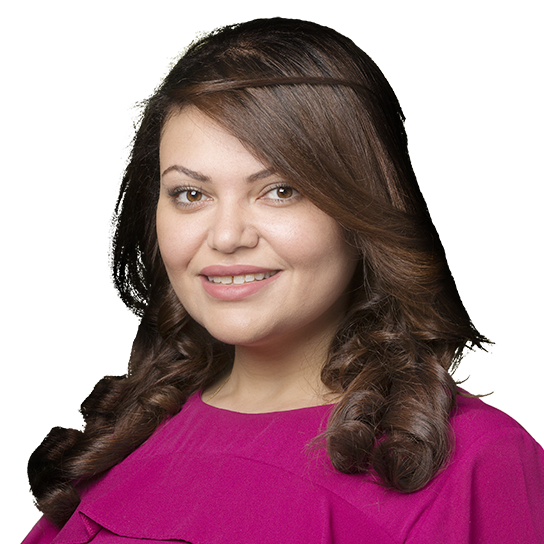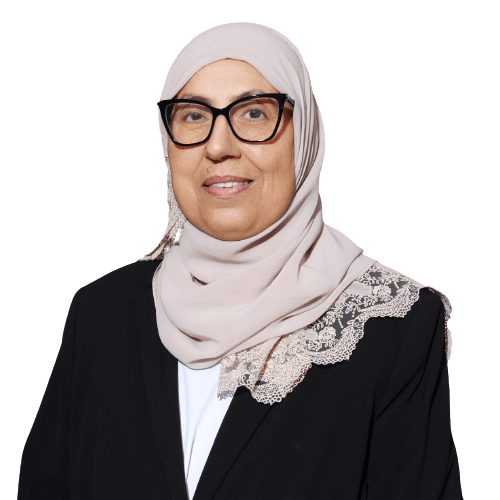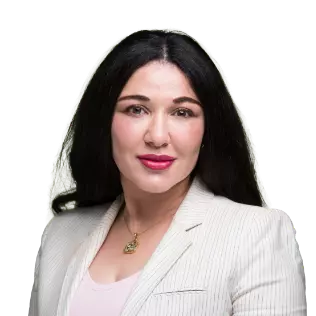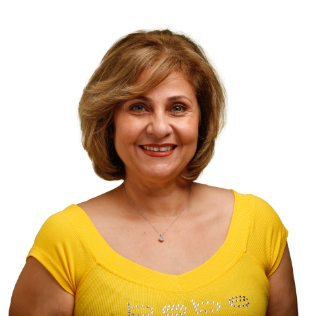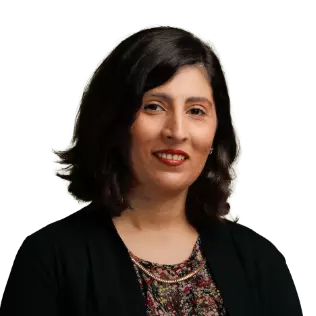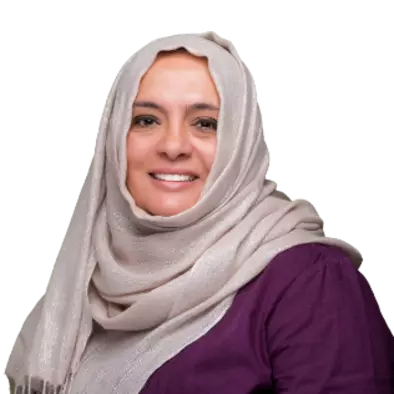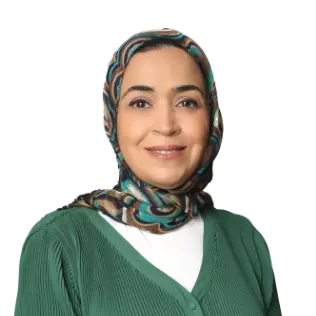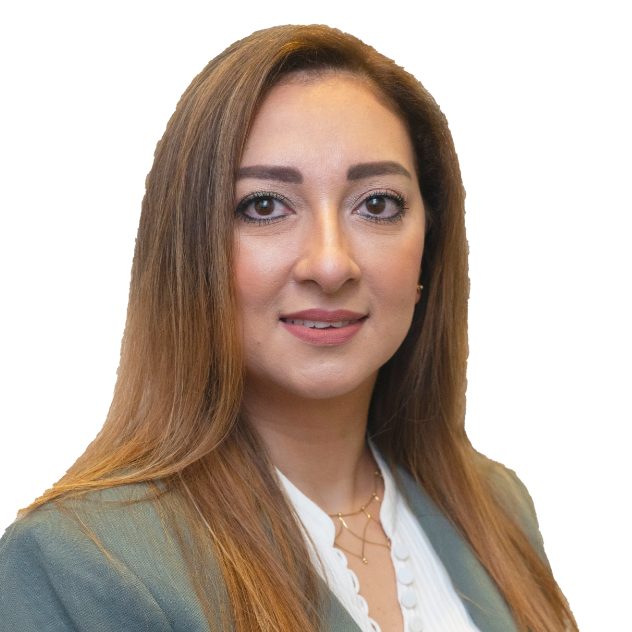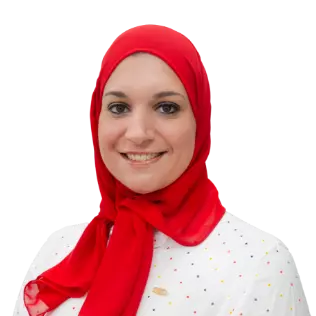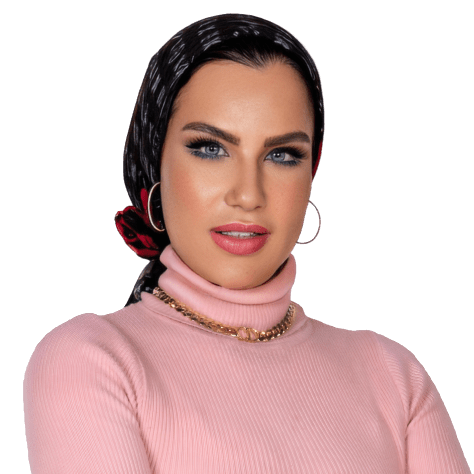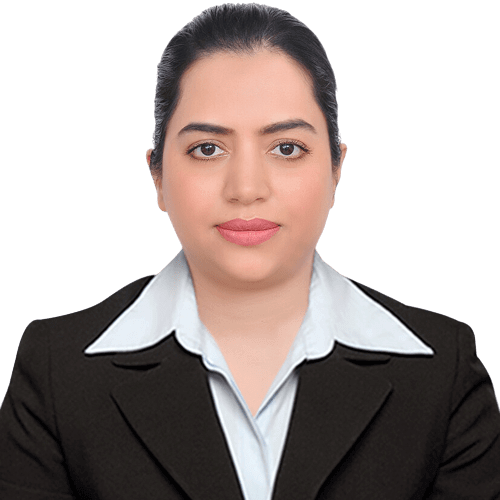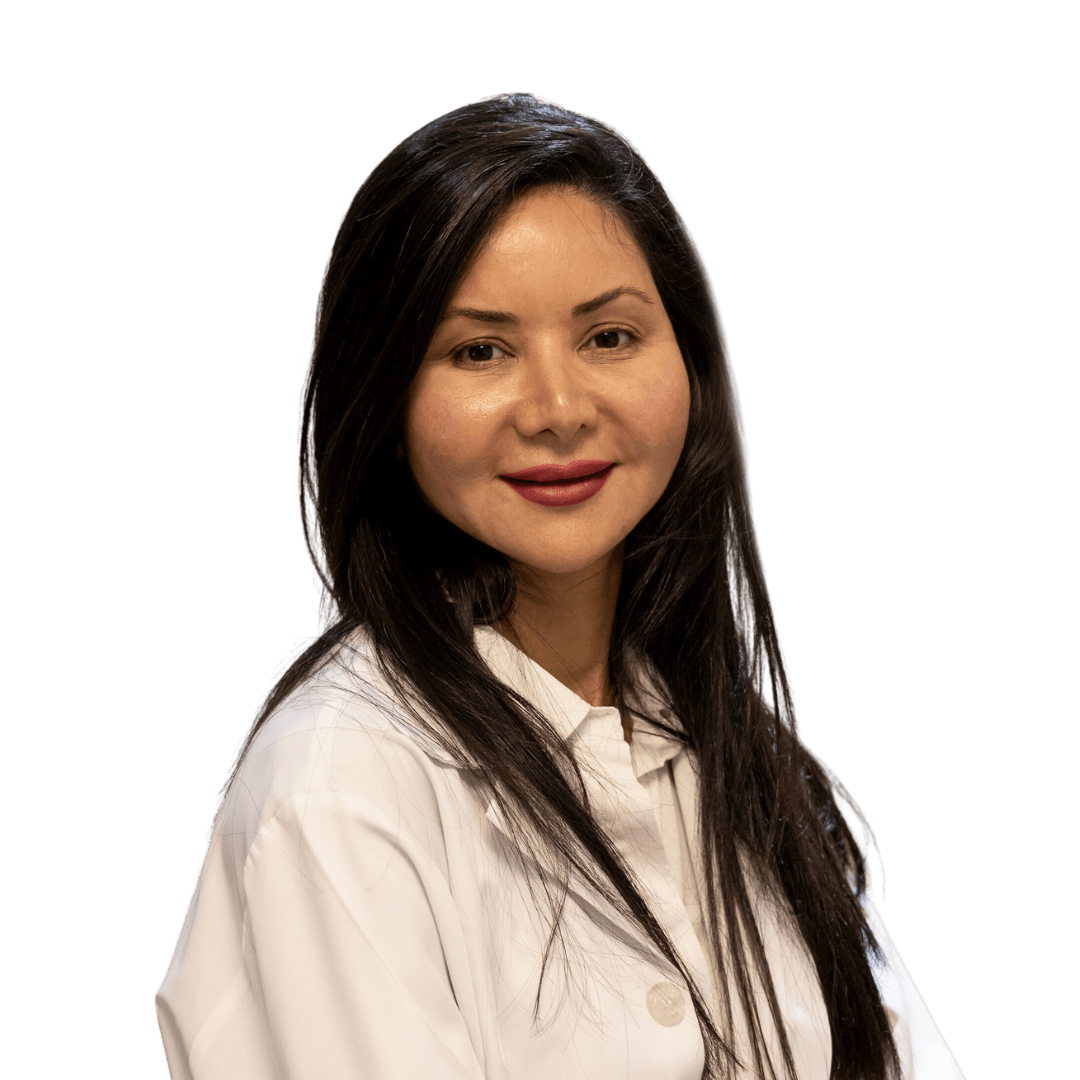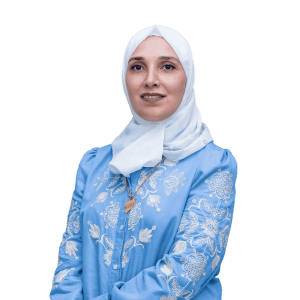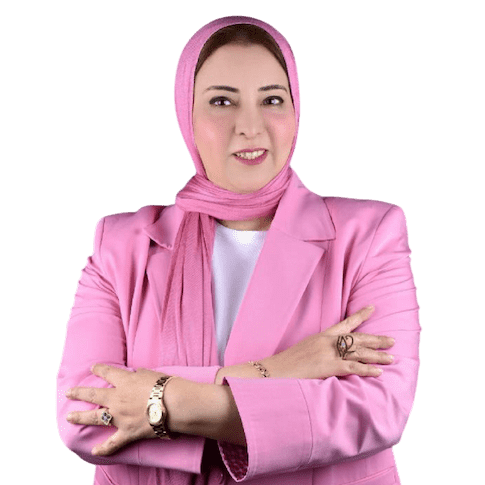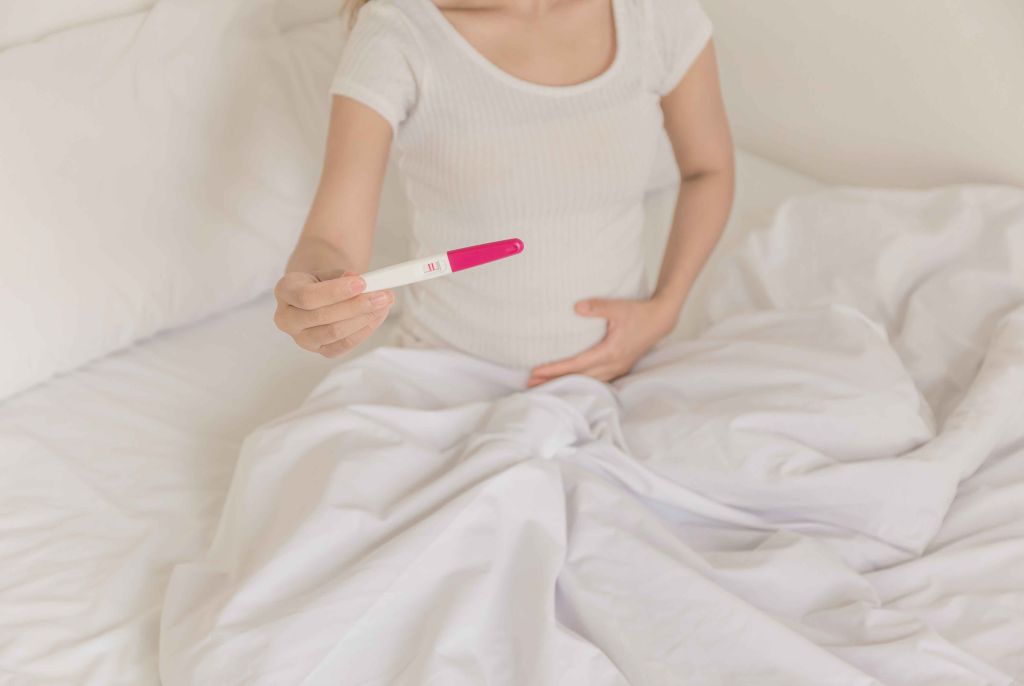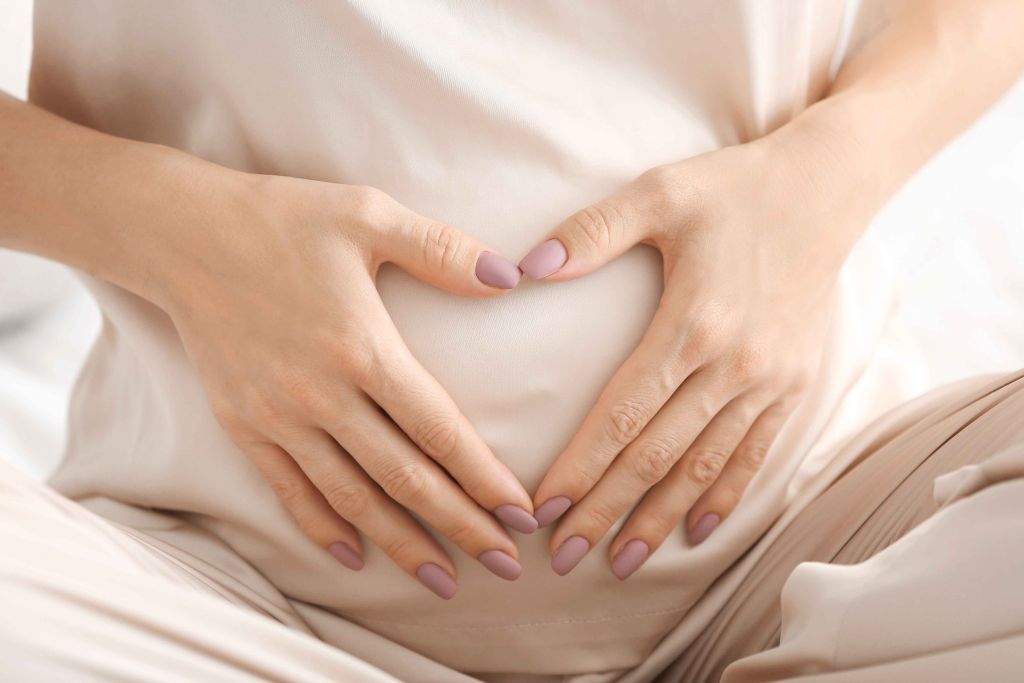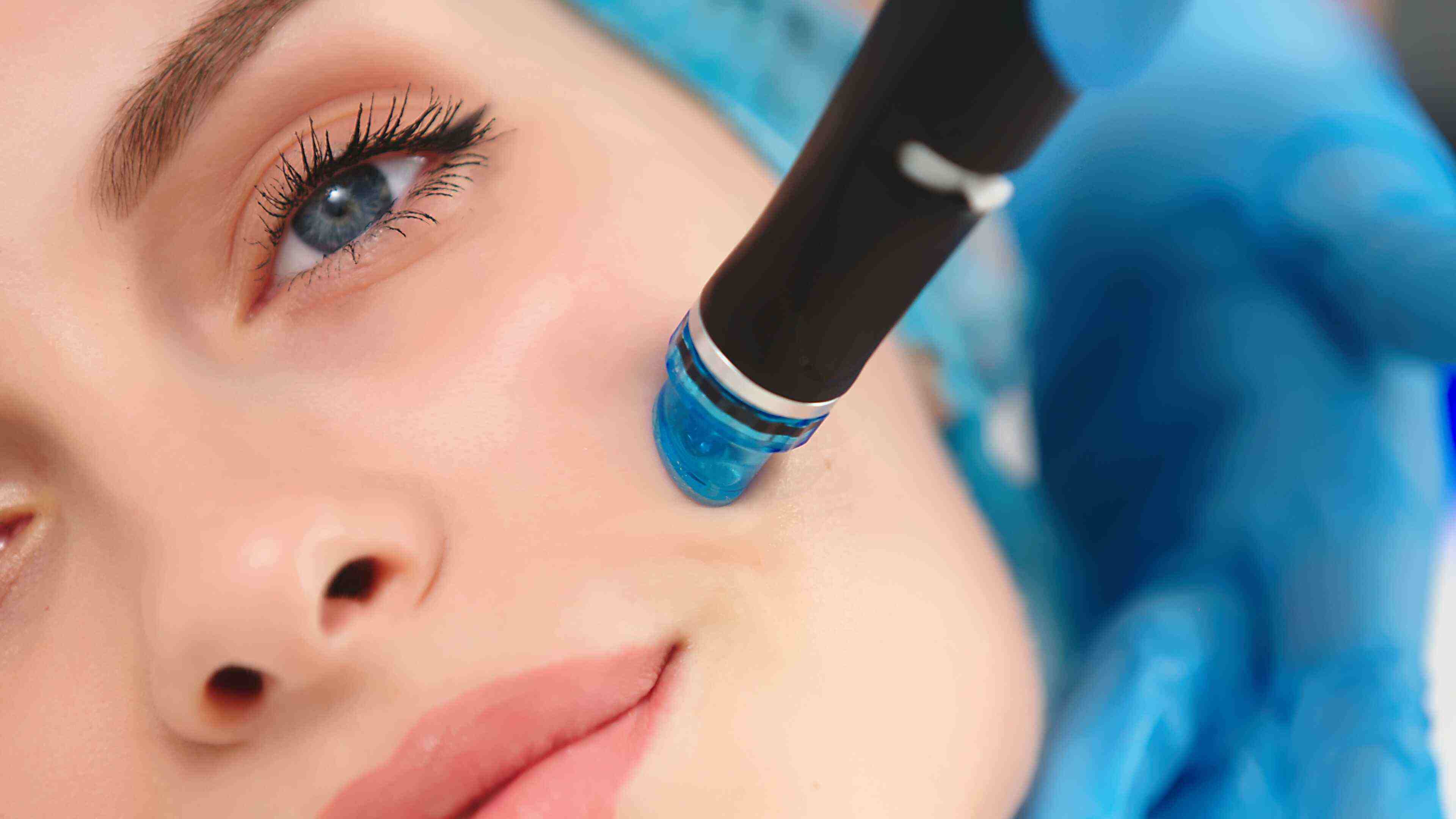Written By: Dr. Hebatallah Mahmoud
Dr. Hebatallah Mohamed Mahmoud earned her MBBS from Ain Shams University, Egypt. She is a specialist in Dermatology & Cosmetology & worked as a specialist dermatologist at Yoland Medical Centre, Dubai
Updated On:December 21, 2023
Read more.

What is Eczema?
Eczema is a skin condition. Sufferers can display a range of symptoms. The most common symptom of eczema is itchy red skin that people feel a burning need to scratch. People often report that their skin feels raw & that it cracks open & feels sore. Some patients will suffer from blisters. Atopic dermatitis (skin inflammation) is the most frequent type, affecting 20 percent of children, & one in 12 adults. Atopy – the term from which atopic derives – is the inclination for a person to develop an allergy. Dermatitis is the word doctors give to skin inflammation.
If you suffer from eczema, you are more likely to have other allergies or be asthmatic. When skin loses its ability to protect itself against wind & weather atopic dermatitis is more likely to occur. The skin loses its protection against allergens & irritants. That is when the red, itchy symptoms of eczema can show up.
Medics have identified several types of eczema - each with different causes & symptoms. Eczema is not contagious. Some people will suffer from eczema throughout their lives. For others, it will disappear as they get older.
Symptoms of Eczema
While there are many types of eczema with many different causes, some symptoms are common to many types. For the purposes of helping people with eczema identify if you have the condition or not, look for the following.
Some common symptoms found in those suffering from eczema include:
- Inflamed skin
- Itchy, sore & reddened skin
- Skin dryness
- Bleeding (often caused by itching the area)
- Ulcerated skin
- Small, painful, itchy blisters on the hands & feet
- Scaley, crackled or flaky skin
When to See a Doctor for Eczema?
Eczema does not have a cure – but a doctor can help if you are struggling with self-management of symptoms. If eczema symptoms worsen then you will find that a medical professional can prescribe a topical corticosteroid. This is applied on to the skin directly to try to reduce inflammation over a period of days. They come in different strengths, so if you need to use them frequently, your doctor can advise on prescription & application. Medical bandages, wet wraps & Corticosteroid tablets are other eczema treatments available from a doctor.
Contact Medcare if you:
- Have symptoms that stop you from sleeping.
- Your eczema prevents you from carrying out daily tasks most days.
- Flare-ups take place at shorter intervals.
- Are enduring severe itching.
- Find that self-treatment isn’t working.
15 Types of Eczema
- Atopic Dermatitis appears in more people than any other type of eczema. It often rears up in different generations of families. Itching is the most widely seen feature. It can lead to sleep loss, anger & melancholy.
- Asteatotic Eczema or Eczema Craquelé shows up mostly in older people which makes the skin crackled. It usually appears on the shins but can develop on the back, stomach, arms & thighs
- Contact Dermatitis appears in two varieties:
- Irritant Contact Dermatitis where the skin reacts to household substances or influences such as raw food, jewellery, & watches. Sufferers can display skin dryness. More severe symptoms include ulcerated, fluid-filled skin.
- Allergic Contact Dermatitis occurs after the skin reacts to a chemical. It is less common than Irritant Contact Dermatitis. Repeated contact with a chemical is required for the allergy to show up.
- Discoid Eczema comes up as circular or oval patches, often extremely itchy. The cause has not been identified. It can be mistaken for ringworm or psoriasis, so it’s important to have it diagnosed by a doctor.
- Dyshidrotic Eczema is most common in women, & among adults up to 40. It is characterised by the formation of small, painful, itchy blisters on the hands & feet. The skin can scale, crack, & flake. It is also called Pompholyx Eczema.
- Ear Eczema can flare upon any part of the ear. That includes external points such as the lobes & Conchal bowl – the region outside the ear hole. It can reach the ear canal & even the eardrum.
- Eye Eczema is seen in a number of variations. Children with Atopic Eczema often get irritation on their eyelids – where the skin is particularly thin & sensitive.
- Facial Eczema often appears in a form known as Seborrheic Dermatitis, which can be very mild & just show as dry, scaly skin. On the scalp, it is known by its everyday term: dandruff. Other forms of facial eczema include light-sensitive eczema & Allergic Contact Dermatitis – where the skin overreacts to an irritant.
- Female Genital Eczema can be caused by different types of eczema & can affect any or all of the areas around the genitals, buttocks & anus. Sufferers who are concerned about symptoms should see a doctor who can tell them whether they have eczema or another condition such as a yeast infection or sexually transmitted infection.
- Hand Eczema is often seen in those that regularly work with their hands & chemicals - like hairdressing or cleaning.
- Male Genital Eczema can appear anywhere around the genitals, buttocks & anus. A doctor can make a correct diagnosis to rule out other skin conditions & infections & prescribe emollients that will not cause further irritation.
- Neurodermatitis is similar to Atopic Dermatitis & sees thick, scaly patches on different areas of the skin, which are also itchy & usually related to stress or diabetes.
- Nummular Eczema appears as circular patches on the skin. It can itch a lot, & the flare-ups may become scaly.
- Scalp Eczema appears in a number of forms which make the scalp red, dry & itchy.
- Varicose Eczema is a problem for older people – & affects women more than men. It is common on the lower legs when the skin becomes thin & at risk of breaking down – which can lead to ulcers. The cause is a lack of blood supply, known as venous insufficiency. Varicose Eczema is also known as Stasis Dermatitis.
Medcare’s skin specialists – dermatologists – are ready to speak to you and provide treatment for eczema if you experience itching & redness that doesn’t go away on its own, or if it is interfering with your quality of life.
Eczema In Children
Children suffer from eczema more than adults. They are most susceptible to Atopic Dermatitis – which has a tendency to appear between the ages of six months & five years. Among those who eventually develop Atopic Dermatitis, more than half develop symptoms in the first year of life - & almost all develop symptoms before the age of five.
In very young infants, cradle cap is actually a type of eczema, seborrheic dermatitis, characterised by dandruff-like flaky skin, & believed to be triggered in part by the mother’s hormones. Exact causes of eczema in children are unknown. Genetic factors & environmental stimuli have been shown to be involved, according to research. If a child has relatives who have also had eczema, they may be more likely to suffer. There is a term called the “Atopic Triad” which refers to Atopic Dermatitis, asthma & hay fever: when families have all three in the same group their children are more often eczema sufferers.
Children aged two & older show these common Atopic Dermatitis symptoms:
- Irritable rash behind elbow & knee creases.
- Irritable rash on lower parts of the body such as ankles, legs & buttocks.
- Irritable rash on the neck & wrists.
- Thicker skin – which doctors call lichenification. This sometimes turns into an enduring itch.
Stages Of Eczema
Eczema develops in three stages: Acute Eczema, Subacute Eczema, & Chronic Eczema.
Every stage has its own distinct symptoms, but the stages of eczema are not necessarily predictable. If a person suffers from either atopic or non-atopic eczema, there is a chance the condition will develop through the three stages; the longer symptoms carry on. How long this takes can vary between eczema patients. The progress is not always in a straight line. Eczema symptoms can show up at the acute level & develop into subacute before finally becoming chronic. Or the outbreak may appear first as subacute & then turn into an acute form of eczema.
Acute Eczema
Acute eczema is a newly formed, sometimes intense, rash. Often this is first revealed by itching, prior to the appearance of the rash; a characteristic of eczema which differs from other skin rashes
Subacute Eczema
Subacute eczema is less severe, the transitional phase between acute & chronic stages. Eczema can make its first appearance in its subacute form.
Subacute eczema has these characteristics:
- Flaky, scaly, cracked skin
- Itching
- Burning &/or stinging & redness
Chronic Eczema
Chronic Eczema is the term that describes persistent, lengthy flare-ups of eczema. These will most often take 12 weeks or more to show as chronic symptoms.
Once eczema becomes chronic, a range of new symptoms appear. They include:
- Concentrated, rougher skin outbreaks known as lichenification, characterised by a leather-like quality often as a result of scratching
- Heightened skin lines
- Skin cracks & discolouration
- Broken up skin from scratching, known as excoriations
- Intense itching
Scratching & picking cause many of these chronic eczema symptoms.
Causes Of Eczema
Eczema is often set off by environmental factors. Some common causes of eczema include:
- Irritants: Household products such as cosmetics, cleaning products, fruit juice & raw produce.
- Allergens: Air-borne pollen, pet hairs & household dust.
- Microbes: Bacteria, fungi from the home or external sources.
- Hot & cold temperatures: The heat & cold can dry skin and make eczema more likely to appear, as can low or high humidity & perspiration.
- Foods: Some outbreaks are related to foodstuffs such as wheat, dairy items, eggs, seeds, nuts & soy.
- Stress: Stress is a factor in increasing some symptoms. Women can suffer more widespread outbreaks than usual if hormone levels are altered by menstruation or pregnancy.
Risk Factors Of Eczema
While specific details of exactly how eczema is inherited remain unclear, there is a strong genetic component to Atopic Dermatitis. Children whose mother &/or father suffer from allergies such as hay fever, asthma & eczema will be more likely to develop Atopic Dermatitis.
Risk Factors of Eczema include:
- Skin irritants such as clothing materials
- Chemicals
- Soap
- Detergents
- Lack of skin moisture
- Extremes in temperature & climate
- Suffering from allergies & asthma
Ultimately, those more prone to allergies endure greater risk of developing Atopic Dermatitis. Allergens associated with eczema include:
- Plant pollen
- Animal dander
- Household dust mites
- Mould
- Certain foods
Complications of Eczema
Some people who endure atopic eczema can suffer other physical & psychological complaints.
Bacterial Infection
When skin cracks or breaks, it can lead to bacterial infection. Eczema sufferers who scratch their skin can increase such a risk. Doctors can prescribe antibiotics to treat these infections.
Viral Skin Infections
The virus which causes cold sores, herpes simplex, can infect eczema & cause a more serious condition known as eczema herpeticum. Antiviral medicines are used to treat this.
Psychological Effects
Some people who develop atopic eczema go on to suffer psychological issues. These can arise from issues about appearance & self-confidence. There may be a case for counselling or psychological treatment prescribed by a doctor, when suitable to the patient’s needs.
Problems Sleeping
Eczema can affect sufferers’ ability to sleep properly. Many will wake in the night to scratch a rash. Mood change & depression can be caused by lack of sleep. Children can find it more difficult to concentrate on schoolwork.
Eczema Diagnosis
Your medical professional will be able to diagnose eczema visually, with no need for lab tests. Eczema does not have a single specific test to come up with a diagnosis. Some eczema sufferers who have other allergies may benefit from an allergy test to see if there are common irritants or causes.
Treatment Of Eczema
There is no cure for eczema, but there is a wide range of eczema treatment plans based on age, symptoms, & current health state. Eczema treatment is designed to heal the rash & stop further symptoms. While eczema goes away for some, others must treat it as a lifelong condition – but one which can be managed home remedies.
There’s a wide range of eczema treatments that can be undertaken at home, to support skin health, including:
- Lukewarm baths, & rapidly applying moisturizer after bathing.
- Moisturizing daily.
- Wearing clothes that don’t irritate the skin.
- Operating a humidifier to help avoid skin drying out.
- Washing with mild soap or even a non-soap cleansing product.
- After bathing patting dry with a towel or air-drying.
- Trying to avoid sweating too much or sudden & big changes in temperature that can dry skin.
- Finding out which triggers apply to one’s own body & avoiding them.
Prevention Of Eczema
While many people suffer from different types of eczema due to heredity, everyone can take some fairly simple measures to avoid the condition or exacerbation of a case.
To prevent eczema, Medcare recommends avoiding:
- Rough, coarse, tight-fitting clothing
- Extremes of temperature & climate
- Chemicals & household products like highly perfumed soaps & detergents
- Animal dander
- Respiratory infections or colds
- Stress
Checking your skin on a regular basis is always a good idea & keeping to a moisturising regime will help avoid eczema & lessen symptoms. People can find that the eczema is alleviated by activities such as stress management, enjoying a hobby or frequent aerobic exercise.
Medication For Eczema
The range of medications that can be used to help treat eczema includes:
- Ointments & Topical Corticosteroid Creams: These are anti-inflammatory treatments. The aim is to relieve itchiness & inflammation.
- Systemic Corticosteroids: These are known generically as steroids, which can be taken by mouth or injected. They are sometimes offered if topical treatments don’t work.
- Antibiotics: Doctors may prescribe antibiotics if they find a patient has a bacterial infection as well as eczema.
- Antihistamines: When people scratch too much at night, an antihistamine can help. Drowsiness is one effect.
- Topical Calcineurin Inhibitors: These suppress the immune system, decreasing inflammation & helping to prevent eczema flare-ups.
- Barrier Repair Moisturizers: These can repair skin damage & reduce irritation by cutting down on water loss.
- Phototherapy: Moderate dermatitis is sometimes improved with the application of UVA or UVB waves. It is given under the direction of a doctor who checks up on how the skin responds.
Even though eczema is not currently curable, the Medcare team can provide a tailored eczema treatment plan to alleviate symptoms & guide you to better management of the condition. Contact Medcare to discuss your eczema treatment.
Meet our doctors from the Dermatology & Aesthetics department
|
||||||||
|
||||||||
|
||||||||
|
||||||||
|
||||||||
|
||||||||
|
||||||||
|
||||||||
|
||||||||
|
||||||||
|
||||||||
|
||||||||
|
||||||||
|
||||||||
|
||||||||
|
||||||||
|
||||||||
|
||||||||
|
||||||||
|
||||||||
|
||||||||
|
||||||||
|
||||||||
|
||||||||
|
||||||||
|
||||||||
|
||||||||
|
||||||||
|
||||||||
|
||||||||
|
||||||||
|
||||||||
|
||||||||
|
||||||||
|
||||||||
|
||||||||
|
||||||||
|
||||||||
|
||||||||
|
||||||||
|
||||||||
|
||||||||
Similar Posts
teleMEDCARE App
Download teleMEDCARE app from Google Play or App Store to connect immediately to Medcare doctors at a click of a button and without an appointment.

Home Services
We offer our patients a broad range of home health care services in the comfort of their own homes. Book an appointment for lab tests, vaccinations, nurses and physiotherapists.

Chronic Care
Know more about our Chronic Care Management Programme in partnership with Damana Saicohealth.

teleMEDCARE App mobile
Download teleMEDCARE app from Google Play or App Store to connect immediately to Medcare doctors at a click of a button and without an appointment.

Home Services
We offer our patients a broad range of home health care services in the comfort of their own homes. Book an appointment for lab tests, vaccinations, nurses and physiotherapists.

Spotii
We have partnered with Spotii to offer a more flexible way to pay - Pay over time for your purchase. No interest, no cost & no catch.

